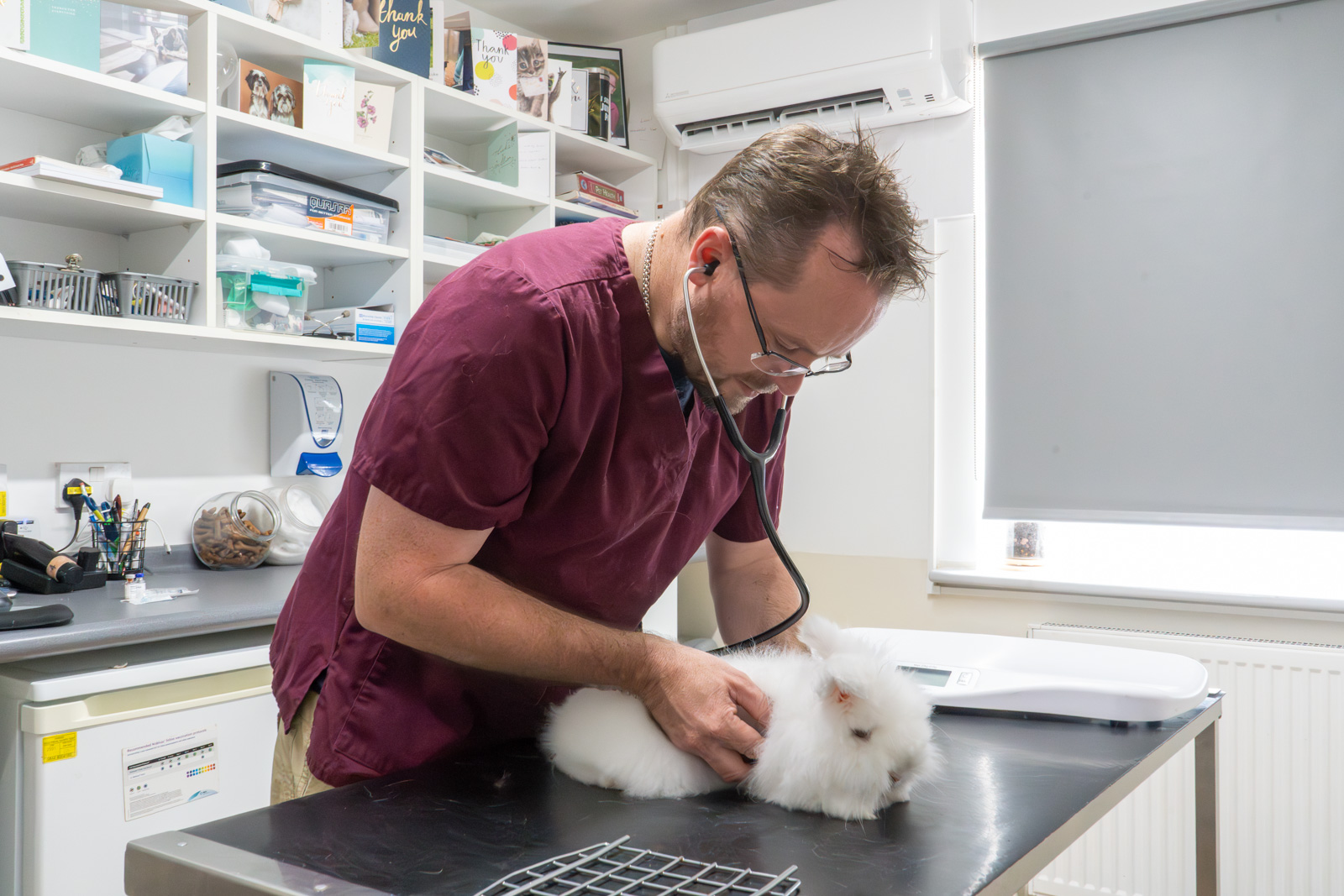Exotic Pets
Begin by finding out as much as you can about the animal. Read books and talk to other owners.
Whilst time consuming, this preparatory work will help both you and the animal in the long run. To get you started, consider the following topics.
Choosing an Exotic Pet
One of the first decisions you need to make is which type of exotic pet you want.
Consider your experience, the help available and the environment you are able to create for your pet before choosing.
Obviously you also need to consider the animal itself. Some are relatively easy to care for where others should be avoided at all costs. Again, plenty of research is required.
Feeding
Ensuring that your exotic pet receives a balanced diet which provides all the nutrition it needs is vital.
On the whole, exotic pets which eat whole vertebrates are less of a worry as the get all of their nutritional needs from their prey. Insect or fruit eating pets may need extra vitamins added to their diet.
The key once again is good, solid research. Find out what diet your pet requires and how often it should be fed.
Environment
Clearly you should have understood the environmental needs of your pet and have set the environment up before you bring your exotic animal home.
Some animals require much more effort to house than others, requiring a greater commitment from you. The best thing, once again, is to do your homework up front.
The factors you need to consider are:
- Space: Do you have enough available space? Arboreal, or tree-dwelling, reptiles and amphibians need more space than terrestrial species.
- Habitat: For some exotic pets it is necessary to simulate the habitat it would naturally encounter in the wild.
- Temperature: You might need to provide a range of temperatures within the environment to allow the animal to control their body temperature by moving from a cold spot to a hot spot.
- Lighting: Your exotic animal may very well require ultraviolet lighting as well as access to unfiltered sunlight.



